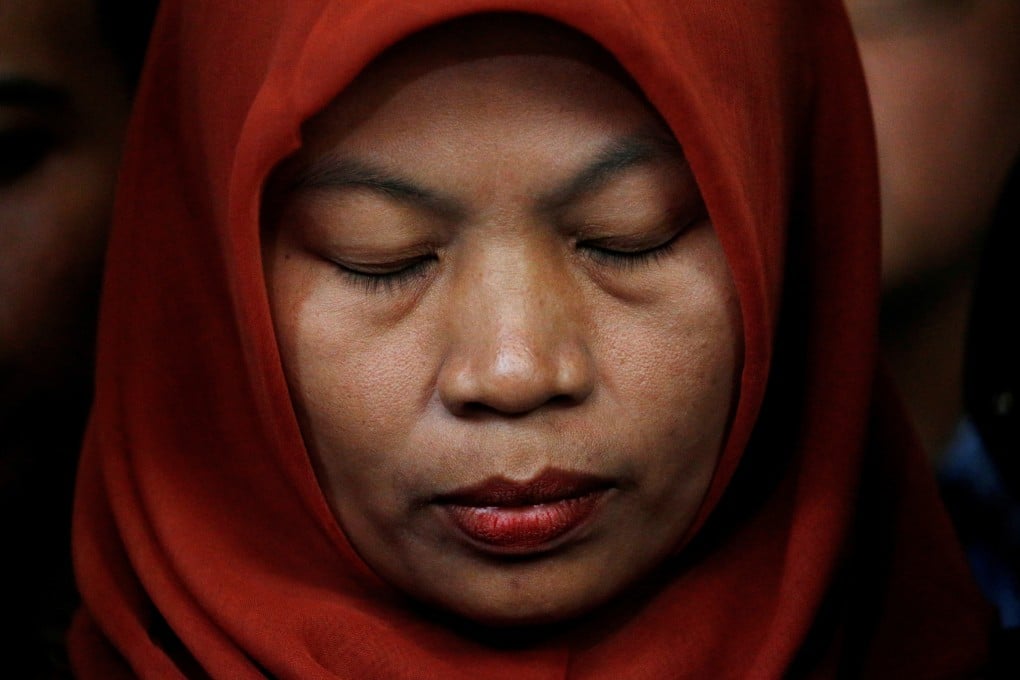In Indonesia, reporting sexual harassment can get a woman jailed – as Baiq Nuril Maknun’s case shows
- The 41-year-old school administrator was handed a six-month prison sentence after recording her harasser’s sexually suggestive phone calls
- Activists say her case highlights how victims have become compromised by a controversial decade-old electronic communications law

If it is granted, the mother of three would be the first person to push back against Indonesia’s controversial 2008 information and electronic transactions (ITE) law that activists say overreaches and compromises victims of harassment.
The law is vague and gives police broad discretion to decide what types of circulated content can be deemed defamatory and indecent. Past cases in which it has been applied include a woman who shared a meme making fun of a prominent politician’s attempt to avoid anti-corruption investigators and a popular musician being jailed after calling a group of Widodo’s supporters “idiots” in a video.

In Nuril’s case, she was given a six-month jail sentence and slapped with a 500 million rupiah (US$35,880) fine by the Supreme Court for recording the school principal’s sexually suggestive phone calls.